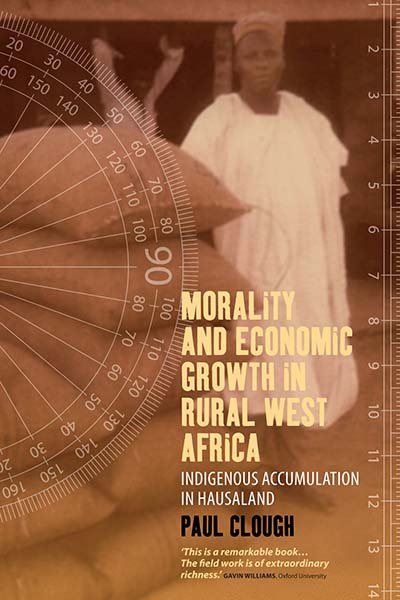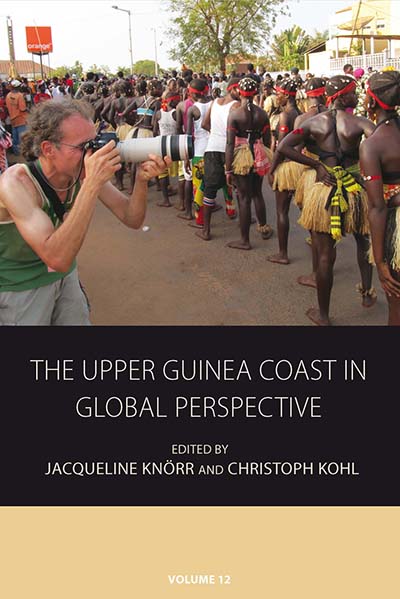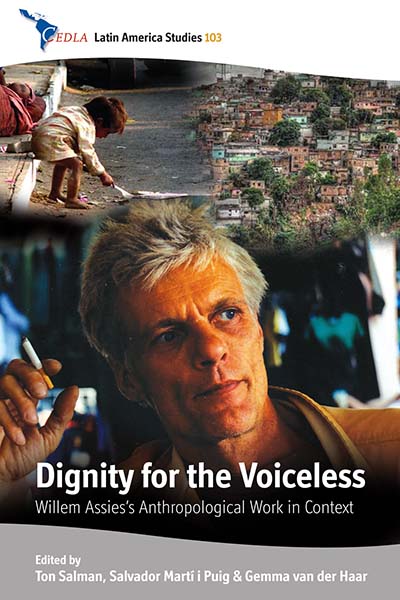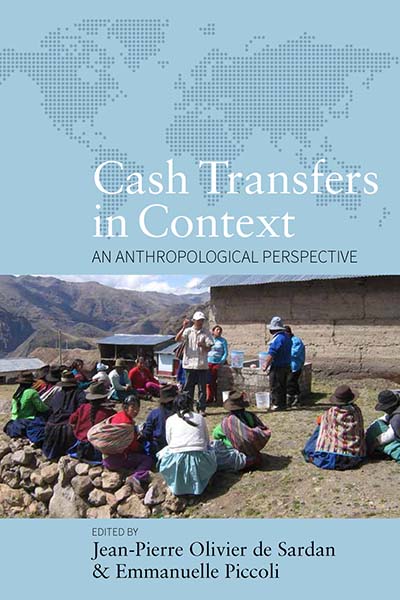
See Related
Anthropology JournalsEmail Newsletters
Sign up for our email newsletters to get customized updates on new Berghahn publications.
Morality and Economic Growth in Rural West Africa
Indigenous Accumulation in Hausaland
Paul Clough
468 pages, 28 illus., 113 tables, bibliog., index
ISBN 978-1-78238-270-6 $180.00/£138.00 / Hb / Published (June 2014)
eISBN 978-1-78238-271-3 eBook
Reviews
“Clough's large and data-packed book… is directly contesting a truism of contemporary economics and politics, that there is only one way to do markets and that Western-style capitalism will and must sweep all other ways of conducting market behavior before it… One of the most fascinating points that Clough makes is the impact of Islam on labor relations…” • Anthropology Review Database
“This is a remarkable book…The field work is of extraordinary richness. It studies … the core aspects of any rural economy, indeed of any economy: land, labour, credit, markets, investment, inequalities, accumulation… The study is meticulous in its attention to detail and sensitive to the people whom he is studying. The statistical material is richer, more extensive, better grounded, and thus more accurate in its measurements than in any other West African study of which I am aware. The concept which binds the study, ‘non-capitalist accumulation’, is distinctive and original and will make a new and valuable contribution to future research of rural societies.” • Gavin Williams, Oxford University
“The [author’s] period of fieldwork results in an amazingly dense description of economic processes. Quantitative and qualitative data is analysed and presented in a fascinating manner. The chapters on money lending, on labour relations and on trade I rate superb… the theoretical analysis and modeling is highly significant and important.” • Michael Bollig, University of Cologne
Description
The land, labor, credit, and trading institutions of Marmara village, in Hausaland, northern Nigeria, are detailed in this study through fieldwork conducted in two national economic cycles - the petroleum-boom prosperity (in 1977-1979), and the macro-economic decline (in 1985, 1996 and 1998). The book unveils a new paradigm of economic change in the West African savannah, demonstrating how rural accumulation in a polygynous society actually limits the extent of inequality while at the same time promoting technical change. A uniquely African non-capitalist trajectory of accumulation subordinates the acquisition of capital to the expansion of polygynous families, clientage networks, and circles of trading friends. The whole trajectory is driven by an indigenous ethics of personal responsibility. This model disputes the validity of both Marxian theories of capitalist transformation in Africa and the New Institutional Economics.
Paul Clough (1949-2019) was Associate Professor of Anthropology at the University of Malta. His D.Phil. from Oxford University was runner-up for the Audrey Richards Prize in 1996, awarded by the International African Institute every two years for the best thesis in any branch of African studies.




